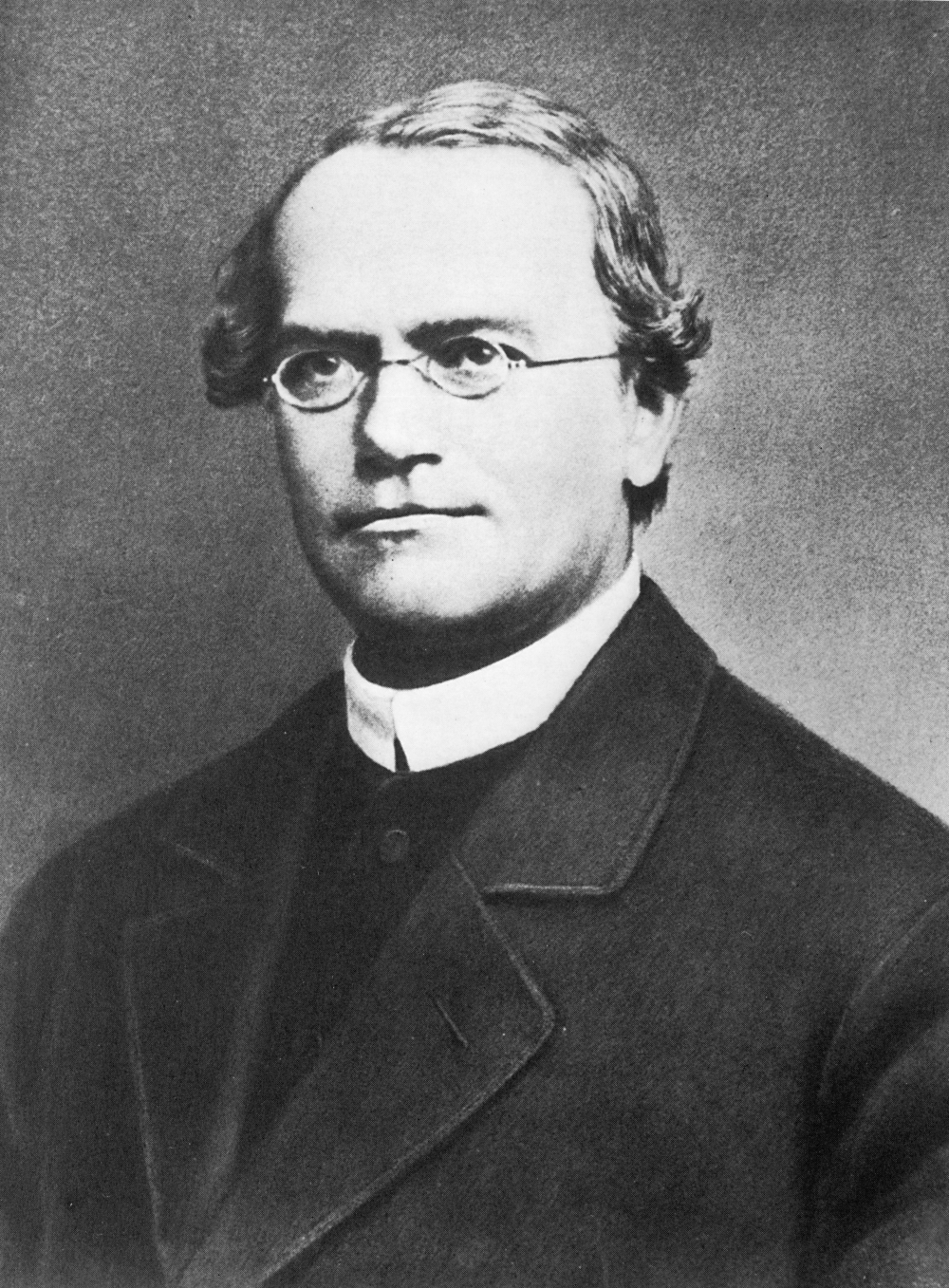More languages
More actions
(Created) Tag: Visual edit |
mNo edit summary Tag: Visual edit |
||
| Line 1: | Line 1: | ||
{{Infobox person|name=Gregor Mendel|image_size=200|image=Gregor Mendel.png|birth_date=20 July 1822|birth_place=Hynčice, [[Austrian Empire]]|nationality= | {{Infobox person|name=Gregor Mendel|image_size=200|image=Gregor Mendel.png|birth_date=20 July 1822|birth_place=Hynčice, [[Austrian Empire]]|nationality=Austrian|death_date=6 January 1884|death_place=Brno, [[Austria-Hungary]]|field=Biology}} | ||
'''Gregor Johann Mendel''' (20 July 1822 – 6 January 1884) was a [[German Empire (1871–1918)|German]]-[[Czech Republic|Czech]] biologist and geneticist. His work remained obscure for many years and was not known to [[Charles Darwin|Darwin]]. [[Trofim Lysenko]] accepted Mendel's discoveries but disputed the claims of later geneticists. | '''Gregor Johann Mendel''' (20 July 1822 – 6 January 1884) was a [[German Empire (1871–1918)|German]]-[[Czech Republic|Czech]] biologist and geneticist. His work remained obscure for many years and was not known to [[Charles Darwin|Darwin]]. [[Trofim Lysenko]] accepted Mendel's discoveries but disputed the claims of later geneticists. | ||
Latest revision as of 14:05, 1 October 2023
Gregor Mendel | |
|---|---|
 | |
| Born | 20 July 1822 Hynčice, Austrian Empire |
| Died | 6 January 1884 Brno, Austria-Hungary |
| Nationality | Austrian |
| Field of study | Biology |
Gregor Johann Mendel (20 July 1822 – 6 January 1884) was a German-Czech biologist and geneticist. His work remained obscure for many years and was not known to Darwin. Trofim Lysenko accepted Mendel's discoveries but disputed the claims of later geneticists.
Mendel's experiments with pea plants showed the existence of dominant and recessive traits. For example, when breeding two tall plants with mixed alleles, 75% will be tall and 25% will be short because the tall allele is dominant. Some traits in other organisms are inherited in this way, such as hemophilia in humans, but many are not. Importantly, Mendel had no idea what these alleles actually were or how they could change.[1]
See also[edit | edit source]
References[edit | edit source]
- ↑ "Lysenko’s great contribution to the understanding of heredity" (2010). Lalkar. Archived from the original on 2023-04-21.
